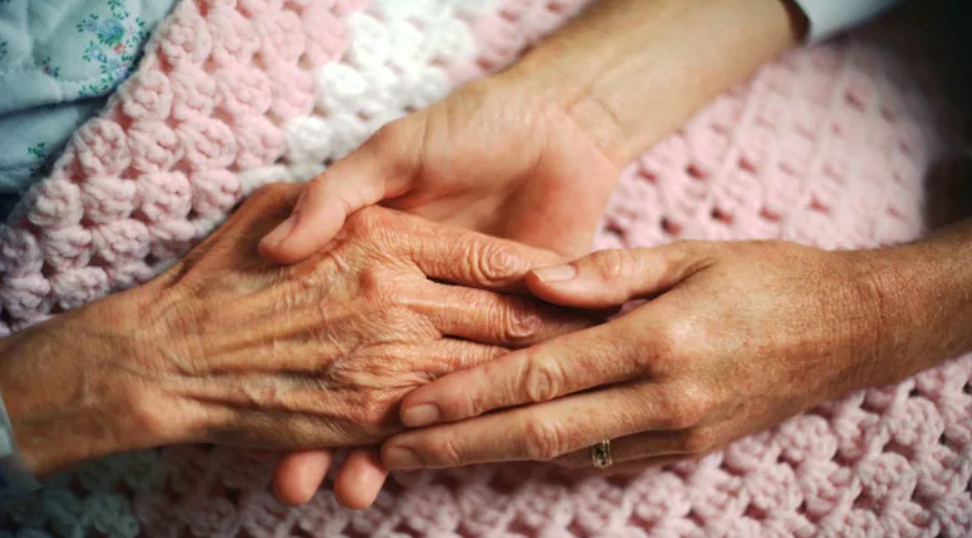Parliamentary study comes 5 years after medical assistance in death became legal
Five years after assisted dying was legalized in Canada, lawmakers are preparing to review the system that has permitted thousands of Canadians to choose the time and place of their deaths.
In 2016, Canada became one of a small number of countries to allow certain adults to request a doctor’s help in bringing about their own deaths. The federal government recently expanded access to the practice after the nation’s highest court ruled the original law was too narrow in scope.
A joint committee of MPs and senators begins its review of the law on May 17. It’s tasked with answering some heavy questions, such as whether mature minors should have access to medical assistance in dying (MAID) and whether patients should be allowed to make advance requests for the procedure before their suffering becomes intolerable.
Canada’s assisted dying law is currently under review and updates are expected to be made to ensure access and equality for individuals with disabilities. The federal government is considering changes to the current law to align with recent developments in disability rights law and case law, as well as address any discrepancies between federal and provincial laws.
Disability rights advocates are calling for the law to be revised to protect the rights of individuals with disabilities and ensure that they have access to assisted dying if they choose to do so.
The review of the assisted dying law is an opportunity for Canada to uphold its commitment to disability rights and inclusion, and ensure that all individuals, regardless of their abilities, have the right to make decisions about their own lives and bodies. T
he outcome of the review will have significant implications for disability law in Canada and will impact disability insurance law, disability benefits law, and employment disability law.
“Medical assistance in dying is a complex and deeply personal matter for many Canadians and their families,” Justice Minister David Lametti’s office said in a statement.
“The five-year parliamentary review of the previous Bill C-14 will be an appropriate forum to examine a multitude of issues and questions.”
Here are some of the issues before the committee.
History of MAID
The Trudeau government legalized MAID after the Supreme Court ruled that parts of the Criminal Code outlawing assisted suicide violated the Charter of Rights and Freedoms.
Parliament passed a law allowing adults to obtain medically-assisted death if they had a “grievous and irremediable” medical condition and their death was “reasonably foreseeable.” In other words, those diagnosed with an incurable illness, disease or disability that caused unbearable mental or physical suffering could qualify — but only if they were close to dying.
Critics called the “foreseeable death” provision too restrictive. Quebec’s Superior Court struck it down in 2019.
The government responded with Bill C-7, which passed in March 2021.
The new law granted Canadians experiencing intolerable suffering who are not near the natural end of their lives the right to seek MAID immediately.
Those whose suffering is caused solely by mental illness will gain access to MAID in March 2023.
Between 2016 and 2019, 13,946 people underwent a medically-assisted death in Canada, according to Health Canada. Most of them suffered from cancer-related illnesses (67 per cent), 10.8 per cent had respiratory illnesses, another 10.4 per cent had neurological conditions and 10.1 per cent were suffering from cardiovascular conditions.
